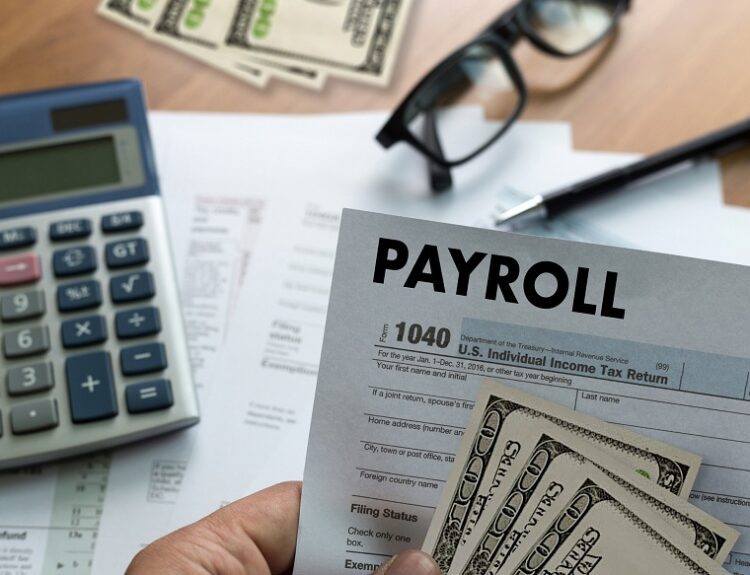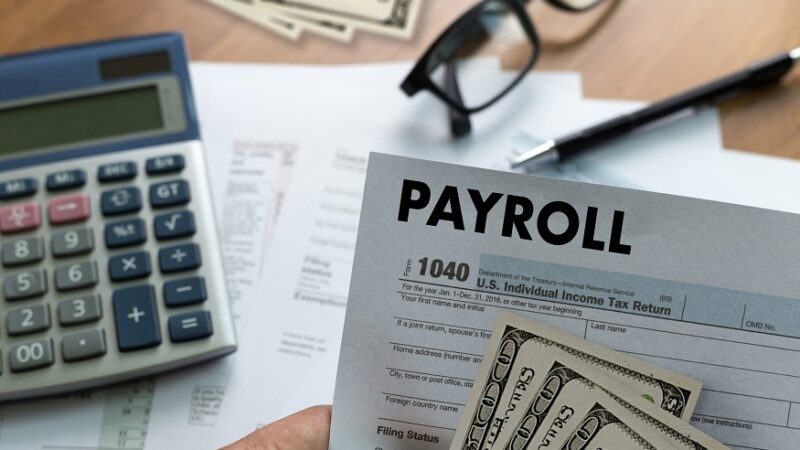In simple terms, inflation implies to a situation when the average cost of goods and services increases over time. This leads to a decrease in the purchasing power of the consumers. When inflation occurs, one’s money shall “buy less” over time. As Kavan Choksi says even though it may not be possible to entirely avoid the effects of inflation, there are many steps investors can take to reduce its sting without making drastic changes to their portfolio.
Kavan Choksi underlines a few ways to avoid the impact of inflation
Even though rising inflation may seem troubling to many, investors who have a well-diversified portfolio of traditional stocks and bonds are likely to have a level of protection already. Historically such portfolios grow even in periods of high inflation. They allow investors to experience growth while managing risk. In periods of elevated inflation, it would be a good idea to add diversified commodities to the portfolio, including precious metals, industrial metals, and agricultural products. When it comes to the bond market, investors should focus on high-yield bonds as their higher yield often enables them to effectively withstand any increases in interest rates that might occur in response to rising inflation. One may even opt for short-term bonds, which generally experience comparatively less volatility during periods of higher inflation.
Rising prices during inflation often have a high impact on discretionary spending of the consumers, causing them to cut back on nonessential expenses. Such changes in spending might be a key tool for reducing the impact of inflation. One must consider what is driving inflation, and check whether they can shift what they are spending your money on, so it has less of an impact on their finances.
As per Kavan Choksi, it is often tempting for investors to retreat from the market and reallocate some of their assets into a cash position in times of uncertainty and volatility. However, it is important to understand that holding cash in an inflationary environment can be counterproductive. Holding cash may seem safe as the money in one’s account appears to stay stable, but the longer it sits there, the lower one’s purchasing power may get. Moreover, taking money out of the market can have a significant impact on the long-term performance of one’s portfolio. Investors who can take on even just a small amount of risk should keep their money in the market to keep up with the rate of inflation. Nevertheless, certain investors may want to keep more cash on hand as emergency savings in order to meet the rising cost of living that comes with inflation. While one must not leave a lot of investible assets in cash, they should be prepared for any short-term liquidity needs. When prices in the market are rising, one should try to increase their emergency savings to make sure that they can cover the costs of any unexpected expense. One should typically set aside enough money to cover 3 to 6 months’ worth of essential expenses.
Over all, the steps one should take to avoid inflation risks would largely depend on their level of wealth and stage of life. It is vital to follow a robust financial plan that can provide some comfort when the markets seem uncertain.










